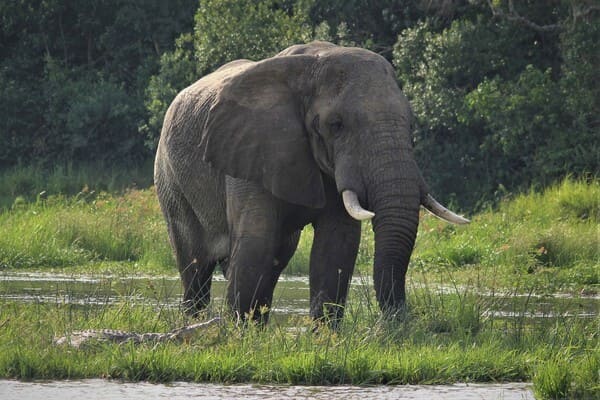
Sumatran Elephant
Elephas maximus sumatranus
Sumatran elephant (Elephas maximus sumatranus) is the smallest living Asian ···
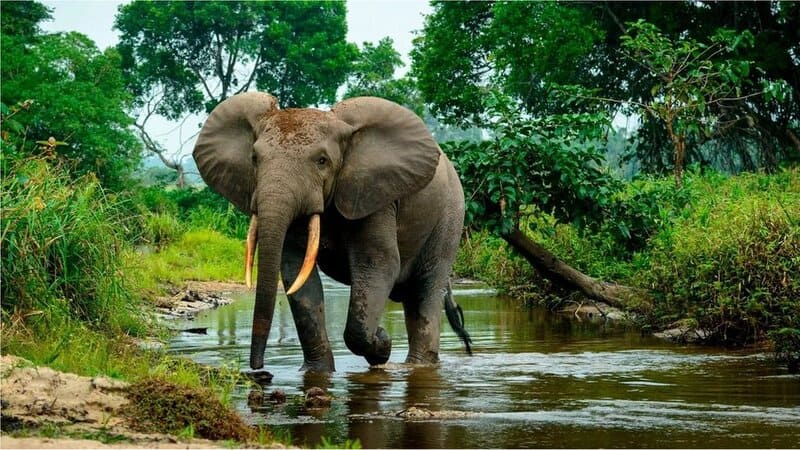
African Forest Elephant
Loxodonta cyclotis
I. Physical CharacteristicsAfrican forest elephants are smaller and more com···
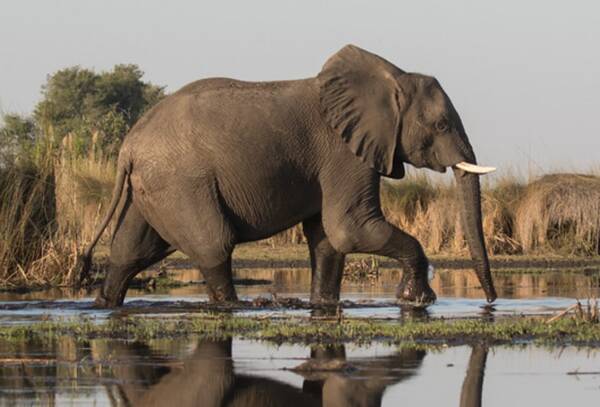
African savanna elephant
Loxodonta africana
The name of the African elephant was given by Baron George Couvier (Johann F···
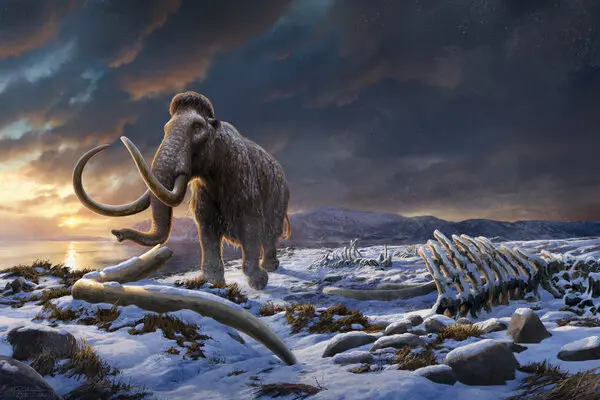
woolly mammoth
Table of ContentsIntroduction: The Woolly Mammoth’s LegacyWhat is a Woolly ···
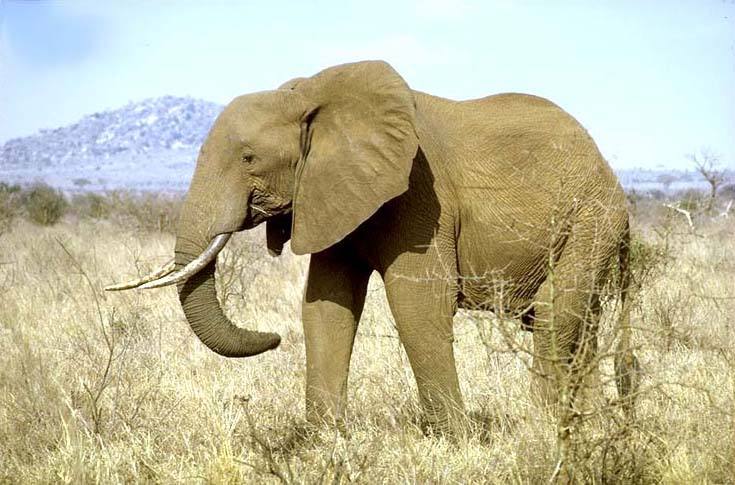
asian elephant
Elephas maximus
Asian elephants are giant herbivoresFood,The staple food is bamboo shoots, y···
